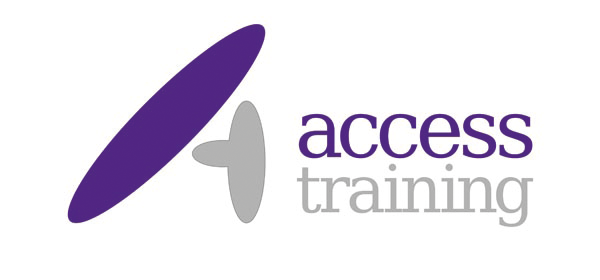About the course
The Configuring Cisco MDS 9000 Series Switches (DCMDS) v3.5 course shows you how to implement, manage, and troubleshoot Cisco® MDS 9000 Series Switches, to build highly available, scalable storage networks.
Through expert instruction and extensive hands-on practice, you will learn how to deploy and use capabilities such as Virtual Storage Area Networks (VSANs), Role-Based Access Control (RBAC), NPort Virtualization (NPV) fabric security, zoning, automation with NX-API, Slow Drain Analysis, SAN analytics, Fibre Channel over TCP/IP (FCIP) tunnels, and more. You will learn how to configure and implement platform features and learn troubleshooting techniques pertaining to Fibre Channel (FC) domains, firmware upgrades, zones, and zone mergers.
This course helps you prepare to take the exam, Implementing Cisco Storage Area Networking (300-625 DCSAN), which leads to CCNP Data Center and the Certified Specialist – Data Center SAN Implementation certifications.
Audience Profile
- Technical decision makers
- Network architects

